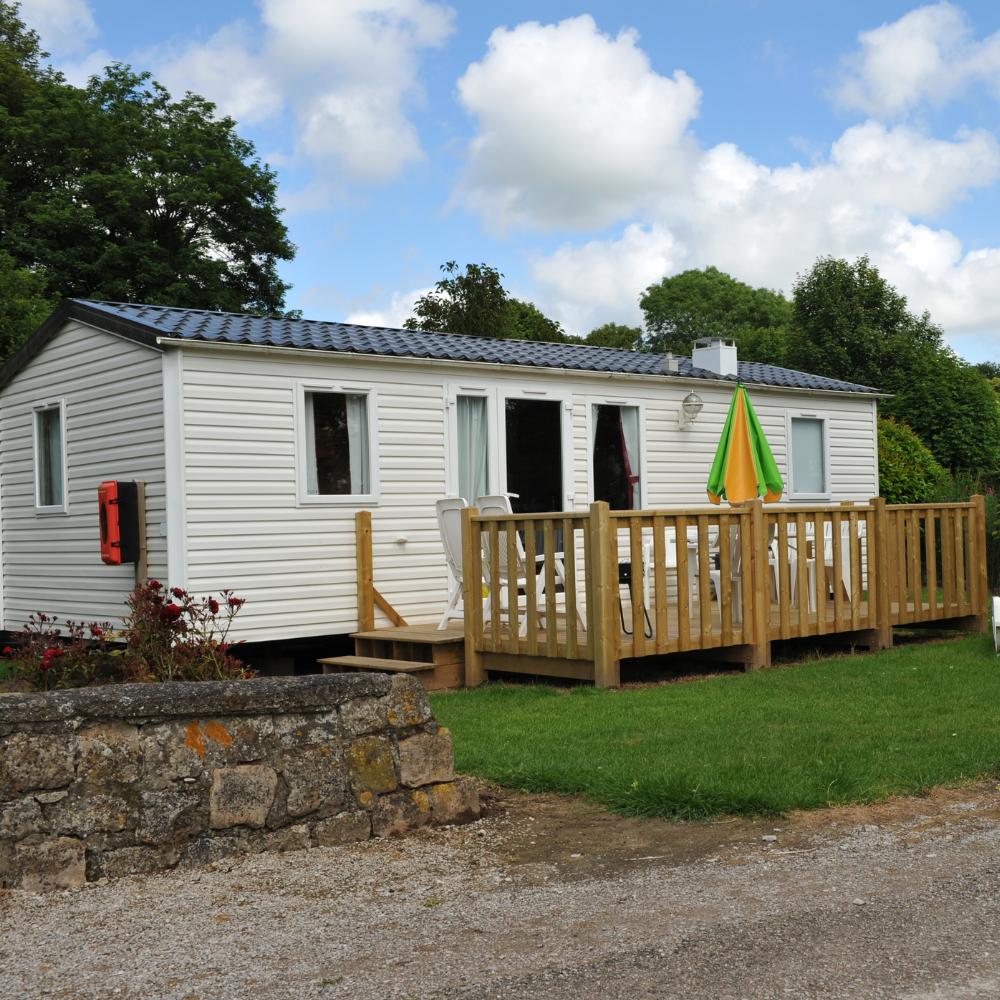
The popularity of static caravans as a cost-effective and versatile holiday home option has grown significantly in recent years in the United Kingdom. With their increasing appeal, many prospective buyers are left wondering: can you get a mortgage on a static caravan in the UK? This article delves into the world of static caravans and the financial options available to those looking to buy one.
What is a static caravan?
A static caravan, also known as a mobile home or a park home, is a prefabricated structure that is designed for permanent or semi-permanent placement on a designated site. These caravans are typically situated within holiday parks, residential parks, or private land, providing affordable and comfortable accommodation for both holidaymakers and permanent residents.
Can I get a mortgage on a static caravan?
No. Traditional mortgages are not available for static caravans. This is primarily due to the fact that static caravans are classified as movable property and not permanent structures. Mortgages are typically reserved for properties that are built on a permanent foundation, which means that a static caravan does not meet the criteria for this type of financing.
Additionally, traditional mortgages require the property to have a minimum lifespan, typically around 60–70 years. Static caravans, with their relatively short lifespan of 10–20 years, do not meet this requirement.
Alternatives to traditional mortgages
Since obtaining a traditional mortgage for a static caravan is not an option in the UK, prospective buyers must explore other financing options. Some of the most common alternatives include:
Personal loans: One option is to take out a personal loan from a bank or building society. Personal loans can be used for a variety of purposes, including the purchase of a static caravan. The repayment terms and interest rates for personal loans vary depending on the lender and the borrower’s credit history.
Specialist caravan finance: Some lenders specialise in providing finance for the purchase of static caravans. These lenders understand the unique nature of this type of property and have tailored their lending criteria accordingly. Interest rates for specialist caravan finance may be higher than those for traditional mortgages or personal loans, but the approval process may be more straightforward.
Hire purchase agreements: A hire purchase agreement is another option to consider for financing a static caravan. With this type of arrangement, the buyer makes a deposit and agrees to make regular payments over a fixed period. At the end of the term, the buyer has the option to purchase the caravan outright. Hire purchase agreements can be more expensive than other financing options due to higher interest rates, but they can be a suitable choice for those who prefer a fixed repayment schedule.
Factors to consider when financing a static caravan
Loan terms and interest rates: As with any loan, it is important to compare interest rates and loan terms from different lenders. Since static caravan loans are not traditional mortgages, they often have shorter repayment terms, ranging from 5 to 15 years. Interest rates may be higher than those of a standard mortgage, reflecting the higher perceived risk associated with financing a movable property.
Deposit requirements: Lenders usually require a deposit for a static caravan loan, typically ranging from 10% to 20% of the purchase price. A larger deposit may result in lower interest rates and better loan terms.
Credit history: Your credit history will play a significant role in determining the interest rate and terms of your static caravan loan. Having a good credit score will help you secure better financing options.
Age and condition of the caravan: The age and condition of the static caravan will impact your loan options. Newer caravans are more likely to qualify for better loan terms and interest rates, while older or poorly maintained caravans may be more difficult to finance.
Site fees and other costs: When considering a static caravan purchase, remember to factor in additional costs such as site fees, maintenance, insurance, and any potential depreciation in value over time.
Residency restrictions: Some static caravan parks have restrictions on year-round residency, which may impact your financing options. Be sure to check the park’s rules and regulations before committing to a purchase.
Resale potential: Given the nature of static caravans, resale potential can be a concern. Research the demand for static caravans in your chosen location, and consider how easily you might be able to sell the property in the future.
In conclusion, traditional mortgages are typically not available for such properties, as lenders often view static caravans as higher risk due to their depreciating value and lack of permanence. However, there are specialist lenders and financial products designed to provide loans for these types of purchases, such as personal loans or hire purchase agreements. Keep in mind, these alternative financing methods often come with higher interest rates and shorter loan terms compared to traditional mortgages. As with any significant financial decision, it’s essential to seek professional advice and thoroughly research your options before proceeding.
Related articles:
